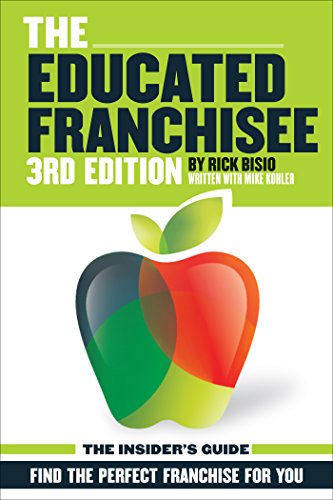Short Definition:
In franchising, a Franchise Agreement is a legal contract between a franchisor and a franchisee that outlines the rights and responsibilities of each party in the franchise relationship.
Long Definition:
 A Franchise Agreement is a comprehensive and binding contract that stipulates the terms and conditions under which the franchisor grants the franchisee the right to operate and administer a business under the franchisor’s brand and system. This agreement encompasses a wide range of aspects including, but not limited to, the use of trademarks, operation protocols, marketing obligations, financial commitments such as initial franchise fees and ongoing royalties, duration of the franchise, renewal conditions, and termination policies. It also outlines the support the franchisor will provide, including training, advertising, and operational guidance, ensuring that the franchisee operates in a manner that is consistent with the brand’s standards and reputation.
A Franchise Agreement is a comprehensive and binding contract that stipulates the terms and conditions under which the franchisor grants the franchisee the right to operate and administer a business under the franchisor’s brand and system. This agreement encompasses a wide range of aspects including, but not limited to, the use of trademarks, operation protocols, marketing obligations, financial commitments such as initial franchise fees and ongoing royalties, duration of the franchise, renewal conditions, and termination policies. It also outlines the support the franchisor will provide, including training, advertising, and operational guidance, ensuring that the franchisee operates in a manner that is consistent with the brand’s standards and reputation.
Additional Definition: The legal document that sets forth the rights and obligations of the franchisee and the franchisor. Commonly included is information about territory, location, training, management, renewal, termination, dispute resolution, suppliers, quality control, product standards, advertising, etc.
History and Usage:
The ‘Franchise Agreement’ is a foundational legal document in establishing and governing the dynamic between a franchisor and franchisee. The Franchise Agreement has evolved significantly as franchising has grown in popularity since the 1950s. Initially, these agreements were fairly simple, but as the franchise model has been adopted across more complex and diverse industries, the agreements have become more detailed and legally stringent. The development of franchise law in various countries has also shaped the contents and structure of these agreements to ensure fairness and disclosure, protecting both the franchisor’s business model and the franchisee’s investment.
Learn more about franchising in The Educated Franchise – 3rd Edition
Five Questions often asked:
Example of three sentences using the term – ‘Franchise Agreement’:
Summary:
The Franchise Agreement is an essential document that forms the legal backbone of any franchise system, ensuring that both parties have clear expectations and responsibilities laid out to prevent disputes and guide daily operations. Understanding this agreement is crucial for anyone involved in franchising, as it impacts nearly every aspect of the franchise relationship.





